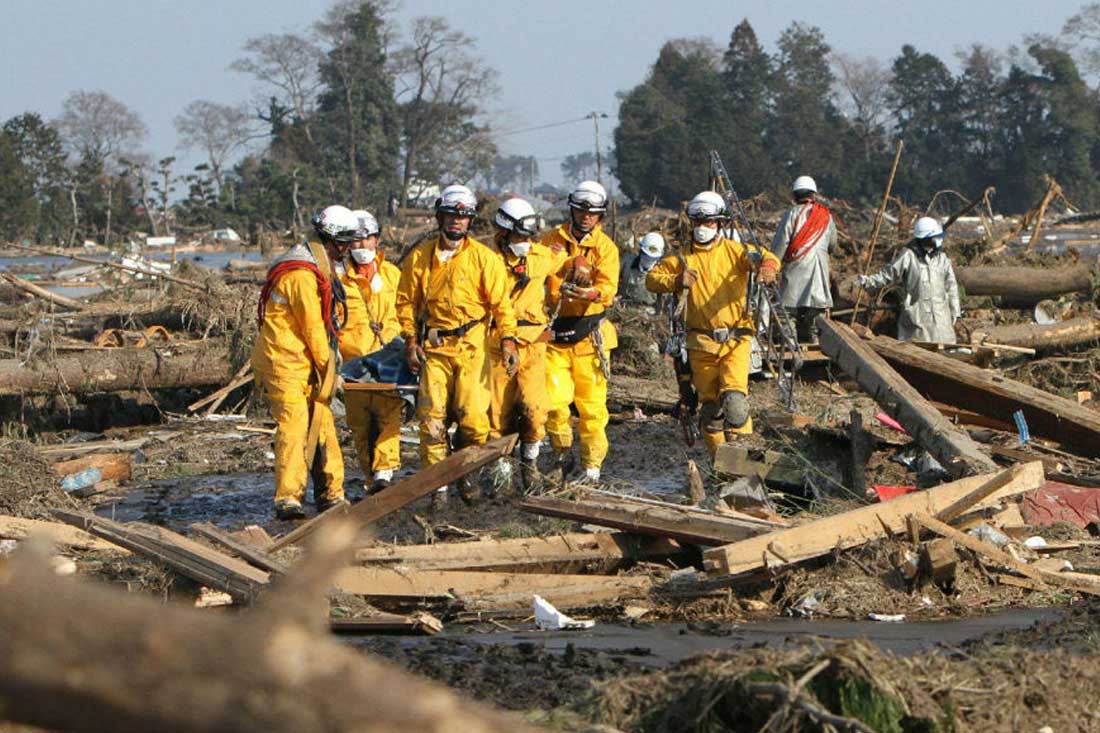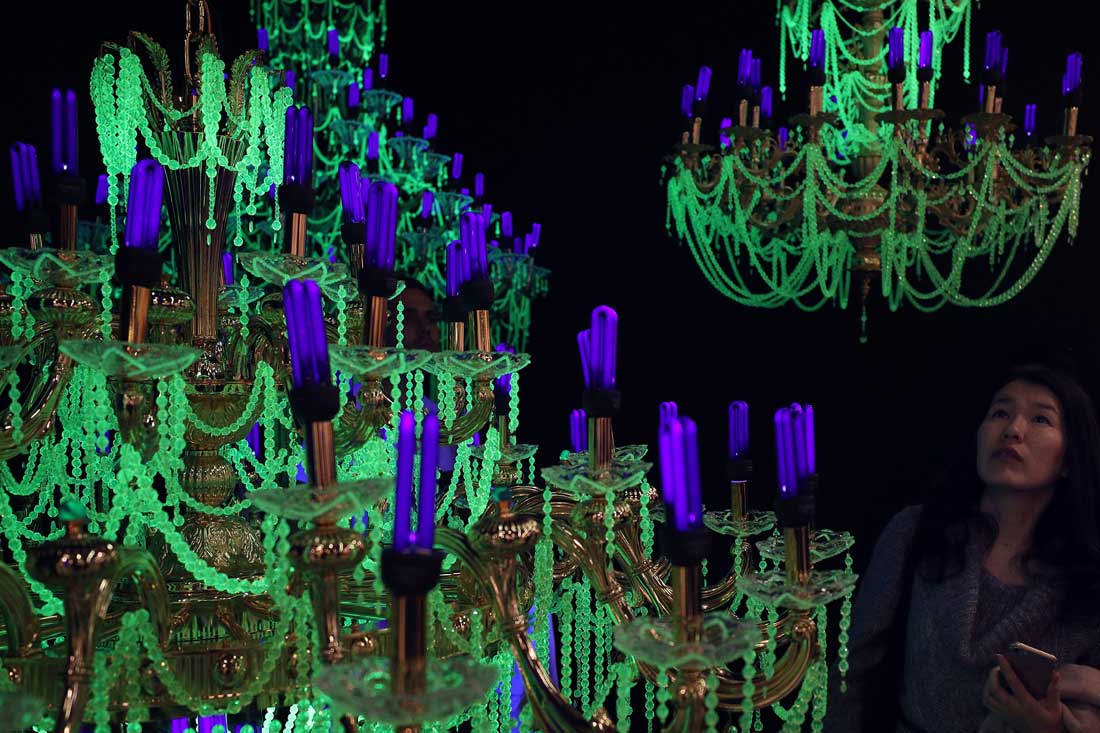Workshop overview
|
Year level
| 9-10 |
|
Capacity
| 16-32 students. If you want to bring more students, email highschool.workshops@qut.edu.au |
|
When
|
School days: Monday-Friday
|
|
Duration
| Full-day (Years 9 - 10) |
|
Where
|
QUT Gardens Point, Science and Engineering Centre
|
|
Cost
| Free (Late cancellation fees apply. Please see terms and conditions). |
Workshop details
“To develop a complete mind: study the science of art; study the art of science. Learn how to see. Realize that everything connects to everything else.”
Leonardo da Vinci
Cosmos magazine said in 2018 that “the collision of arts and science is an ancient practice, it’s embedded into our daily lives and the key to engaging future audiences.”
This is the basis of this new workshop which brings together art and science to discuss the science of nuclear technologies, their impact on the environment, the ethics of these technologies and creative ways to communicate such technologies to a broad audience.
Students will explore concepts outside of the Australian curriculum, through the application of nuclear physics in medicine, industry, space exploration, nuclear weapons and nuclear disasters.
Students will also cover a broad range of disciplines including science (chemistry, physics, biological sciences) and visual arts through an exploration of key concepts and activities. Students will:
- Explore the inter-connectedness of art and science as a means of communicating using historical and current QUT research as stimulus
- Learn how science and art can be used to communicate important scientific discoveries, health messages and current issues in a range of formats to different audiences
- Explore how visual artists use art and science to communicate concerns about nuclear technologies
- Learn about positive and negative aspects of nuclear technologies and impacts on humans and the environment using microscopes to explore cell mutations.
- Explore the differences between artistic and scientific analysis by making art as a response to their research on nuclear technologies and develop a scientific hypothesis from artistic stimuli
- Explore ethical dilemmas of nuclear technologies with an artistic response expressed through a variety of media e.g. collage, posters, sculpture, poetry etc
This workshop was developed in partnership between QUT STEM High School Engagement and the QUT Art Museum.


